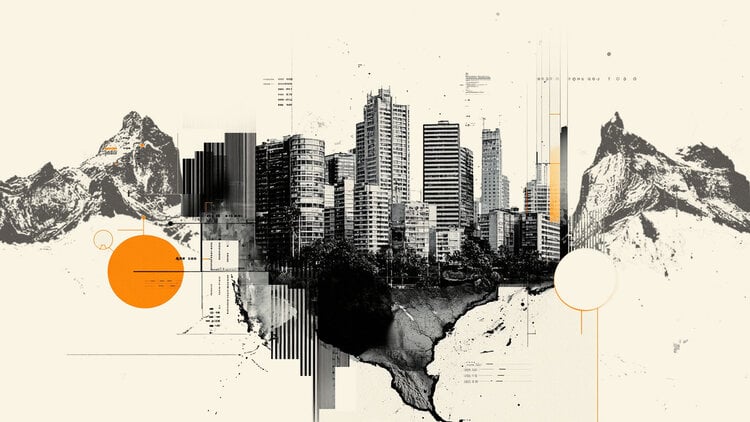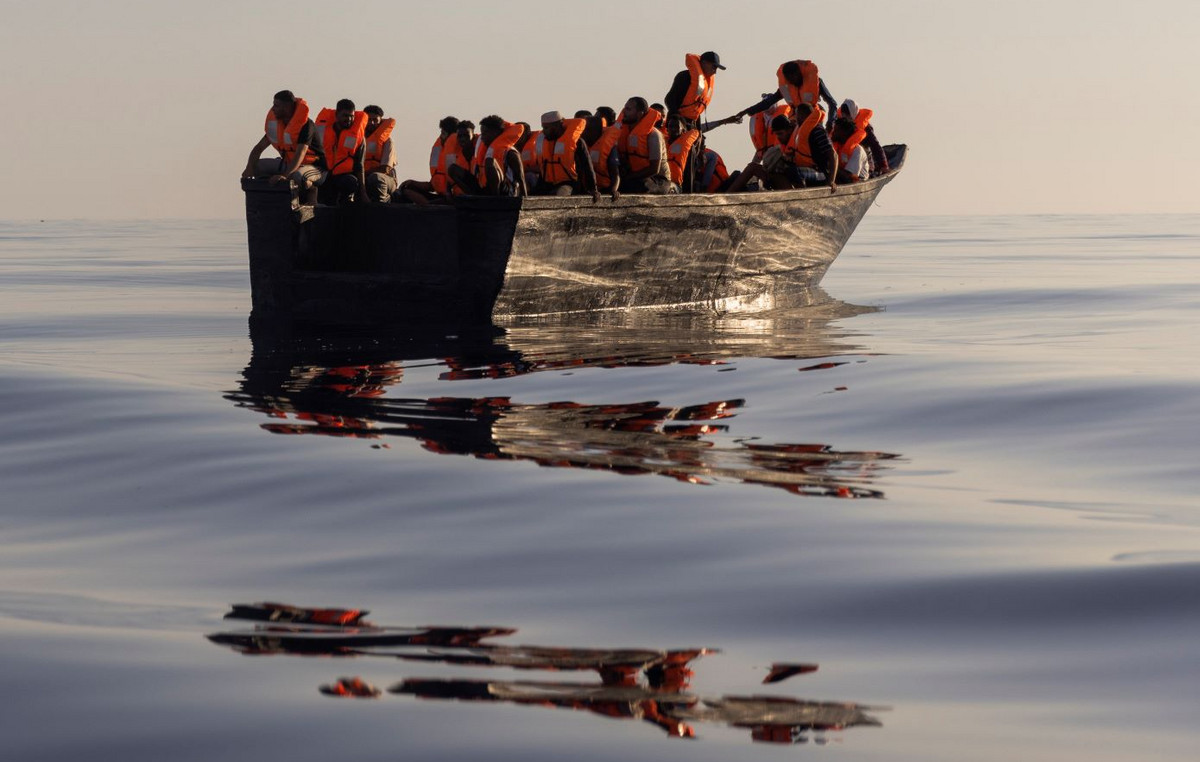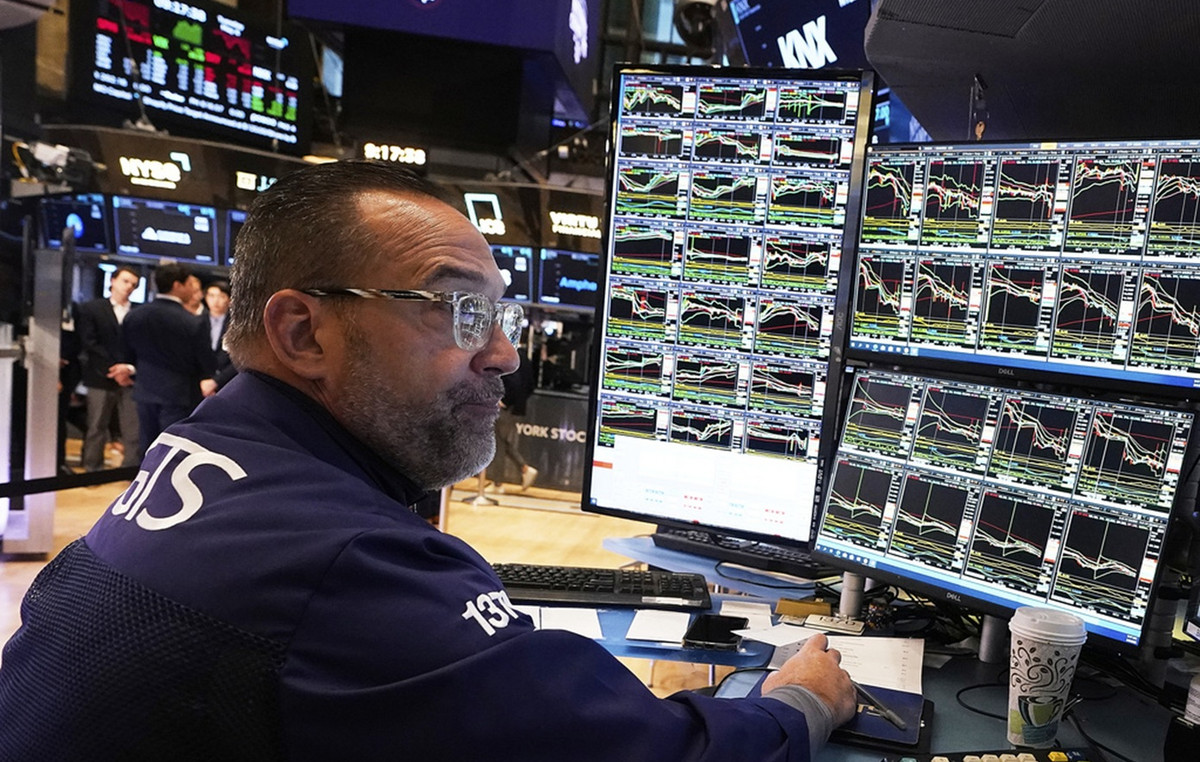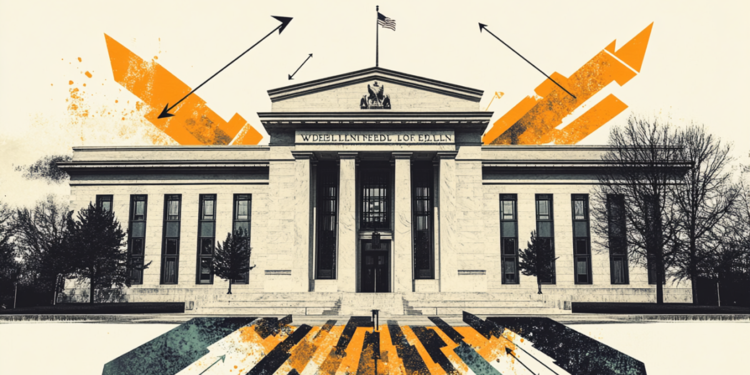Largest and most populous country in Latin America, Brazil has 16,900 kilometers of land borders along its length. In addition, it has 36 public ports, including the Port of Santosthe largest in Latin America and which moves 29% of the Brazilian trade balance.
Despite its relevance, the day-to-day described by members of the sector does not match the ideal scenario: for merchants and brokers, there is a lack of clarity in customs rules, a unified and electronic system and proximity between merchants and authorities when it comes to discussing the best policies for procedures for the entry and exit of goods in the country.
This is the conclusion of the “Study of Commerce and Gender in Brazil”, published this Tuesday (8) by the world Bank and which sought to identify the challenges faced by men and women working in the foreign trade in the country.
According to research, 87% of traders and 70% of customs brokers confirmed that they had never been consulted, or were consulted little, about changes in processes related to the sector.
Among the recommendations of the study is the need to implement the Trade Facilitation Agreement of the World Trade Organization (AFC – WTO).
The agreement’s provisions guarantee greater ease in the transit and release of goods in border regions, reducing costs and establishing more simplified and transparent procedures.
Another sector need highlighted by the survey is the implementation of electronic procedures and greater access and understanding of customs rules.
The survey also sought to carry out a gender study among the interviewees, analyzing the different scenarios for men and women who work in foreign trade. Despite structural and gender inequalities in Brazil, the differences between respondents are close to 5%.
According to the WTO, Exporting companies tend to offer more stable jobs, higher wages and better working conditions than the domestic, informal sector.
In this sense, the study points out that gender inclusion policies in the sector contribute substantially to poverty reduction in Brazil.
According to the research, women in cross-border trade face challenges related to access to finance and lack of knowledge about sector-specific procedures, as they end up incurring higher export costs and being excluded from the distribution networks of goods.
For the research, the World Bank interviewed 1,500 foreign trade entrepreneurs and 300 customs brokers, in the period between April and August 2021, by telephone.
The study was supported by the Trade Facilitation Program in Middle Income Countries (TFMICs), funded by theOffice of Foreign, Commonwealth and Development Prosperity Fund(FCDO) of the United Kingdom.
Source: CNN Brasil
I am Sophia william, author of World Stock Market. I have a degree in journalism from the University of Missouri and I have worked as a reporter for several news websites. I have a passion for writing and informing people about the latest news and events happening in the world. I strive to be accurate and unbiased in my reporting, and I hope to provide readers with valuable information that they can use to make informed decisions.







